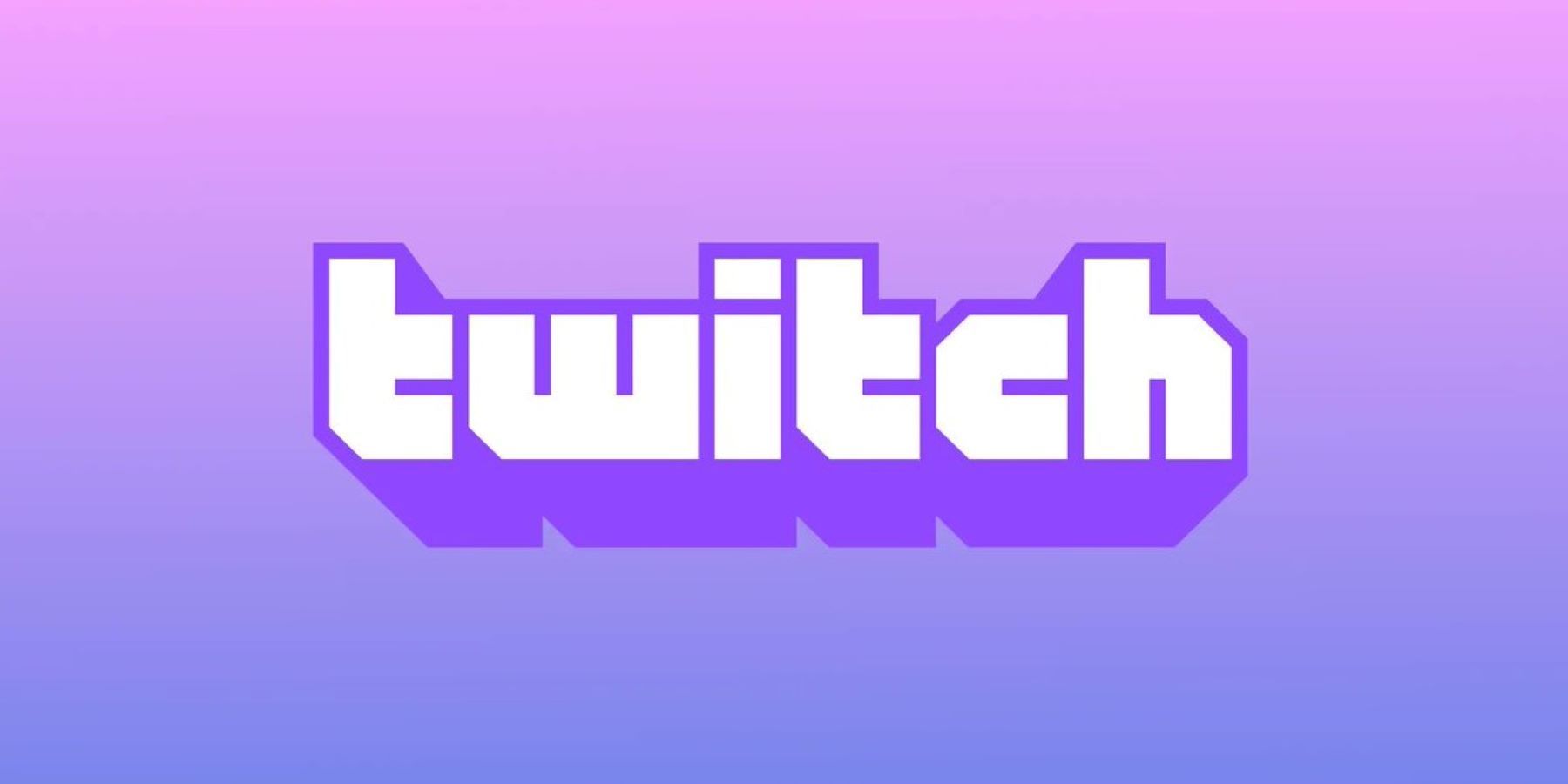Having access to information is an important part of being in an ever-connected society, but with that comes the risk of being exposed to the perpetuation of false, or at least misleading, information. Take the pandemic, as an example. COVID-19 has affected the video games industry, as well as entire economic structures on a global scale. One harmful side effect of this is the spreading of harmful misinformation that leads to negative consequences. Whether because of the pandemic or otherwise, Twitch has decided to join the fight against such acts by updating its policy.
According to a recent post on the company website, Twitch is taking steps to hopefully prevent what it refers to as "harmful misinformation" from being shared on the streaming platform. It adds that it's partnered with a number of researchers and experts in order to understand how it spreads online so that it can reduce the risk of users and content creators being exposed to it.
While at the same time Twitch is looking to reduce harassment on its site, this latest policy update will see that those who are spreading potentially harmful misinformation are not allowed to be a part of the service. It does specify that the company will not penalize users and streamers who make "one-off statements," but rather, this new policy will look towards those whose entire goal is to persistently spread information that's false, especially any that has been disproved. This will also include engaging in conspiracy theories, particularly those that promote violence. Using this, the update outlines three criteria which a user must meet in order to be considered in breach of the new updated policy.
It seems the streaming platform is keen to ensure that people can access the site in a safe way, and this does mean making several changes to the rules that users must abide by. For example, Twitch recently updated its username policy, which now bans the implementation of certain monikers that it feels breaks the agreement, such as names that reference sex or violence, or anything else it deems as "inappropriate."
As one of the biggest video game broadcasting sites on the web, it's certainly no stranger to controversy. The Twitch hate raid scandal of last year was a particularly big thorn in the company's side. While the site itself did not perpetuate the onslaught of hateful comments aimed at viewers and streamers, many were critical that action wasn't taken sooner. Since then, Twitch has seemingly put in more efforts to combat negative user experiences.
Source: Twitch Safety Center


